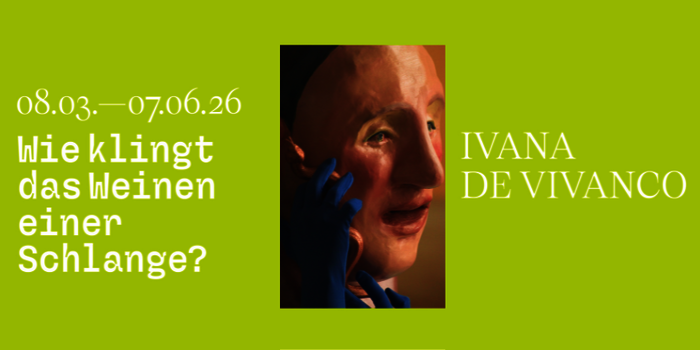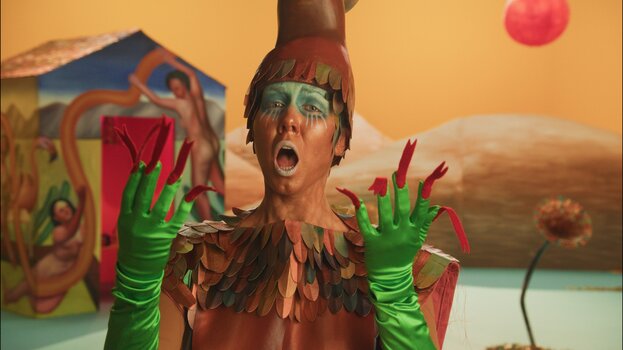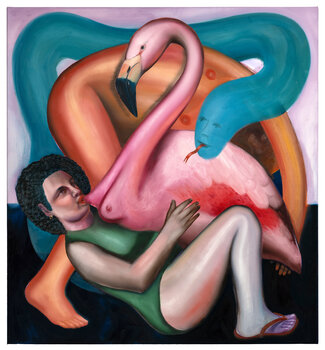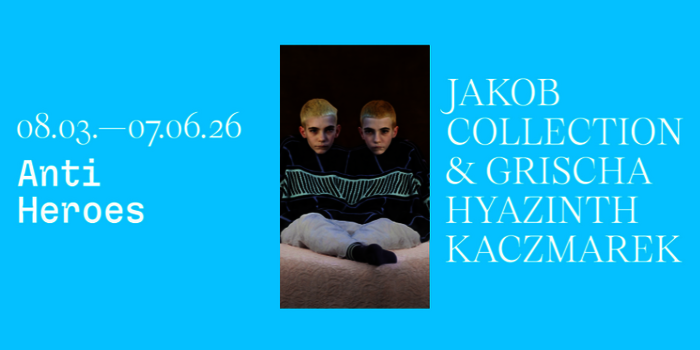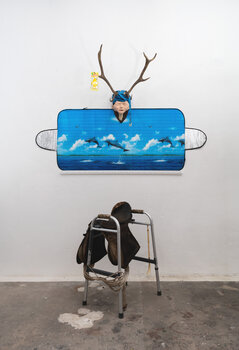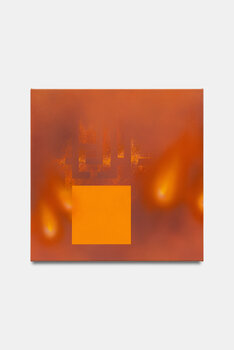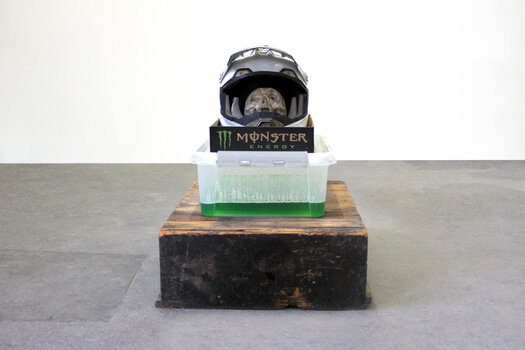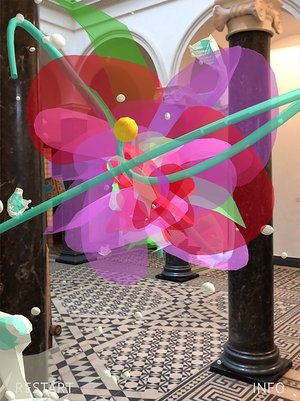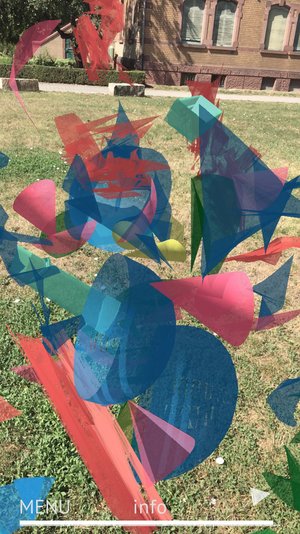Since February 2019
BELLE & APHRODITE
Augmented Reality
by Barbara Herold
In the app BELLE & APHRODITE for smartphone or tablet, it is possible to experience a walk-in audio-visual metamorphosis of virtual plants.
The 3D plant BELLE extends across the entire Merkelpark. As an interactive form-cloud, it leads visitors, on the basis of data regarding their location and movement, to a virtual rose at the centre of the park.
APHRODITE was designed for the skylit atrium. In recurrent audio-visual loops, the 3D installation develops into a Phalaenopsis, a familiar type of orchid. APHRODITE can be viewed from all perspectives and, in its overlapping of simulation space and actual space, plays with the experience of abstraction, proportional relationships, proximity and distance.
Barbara Herold (*1977) directs her attention to the shaping of reality through the media. She investigates structures and phenomena which have established themselves through the influence of media technology on society; she develops her own systems on the basis of prevalent design practices such as computation and algorithms. Her works arise in the dynamic field between analogue and digital technology.
Download App BELLE - APHRODITE

